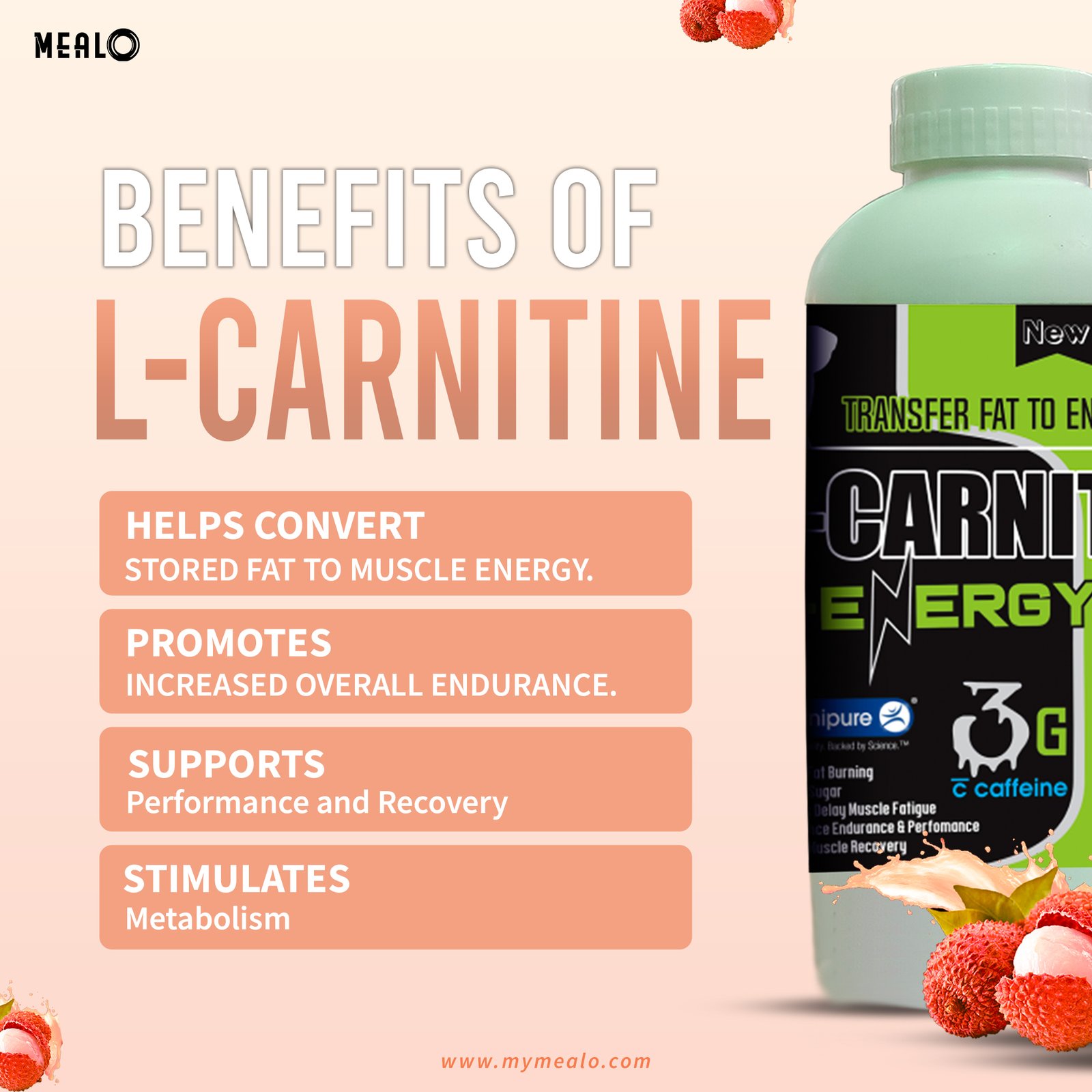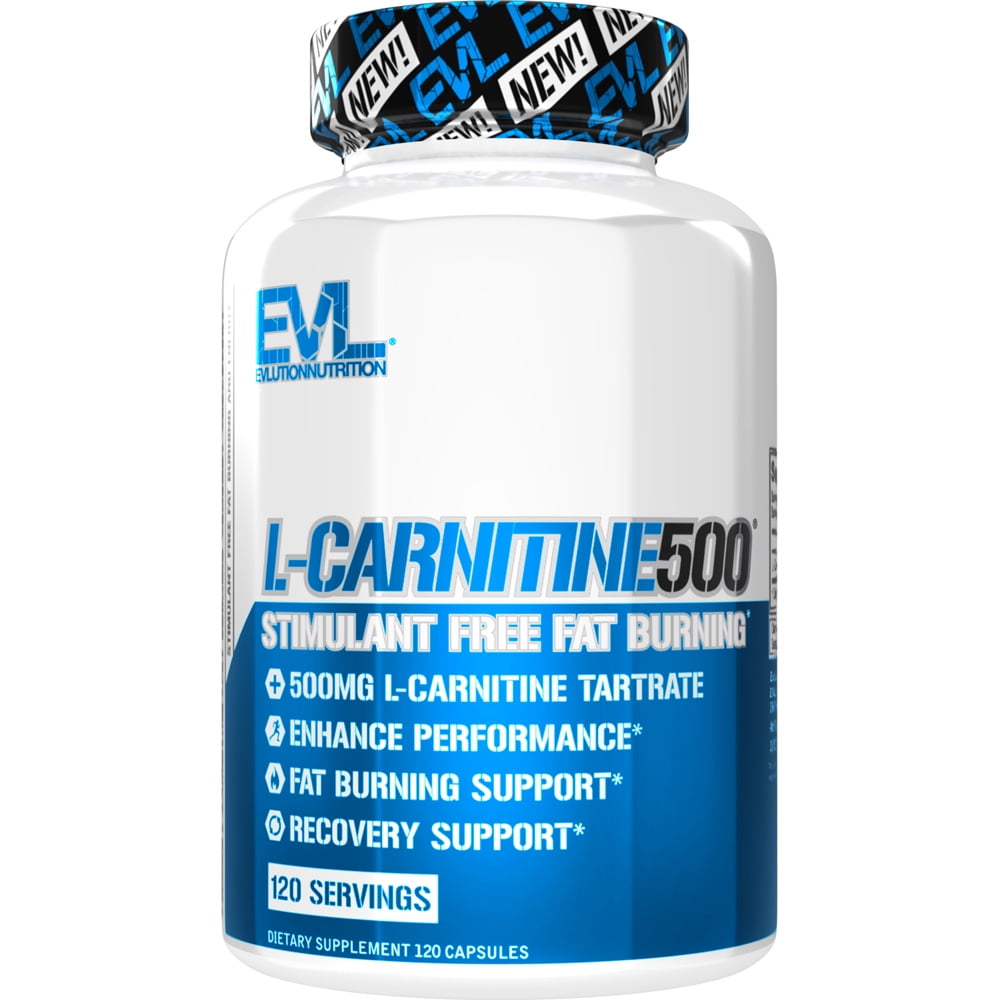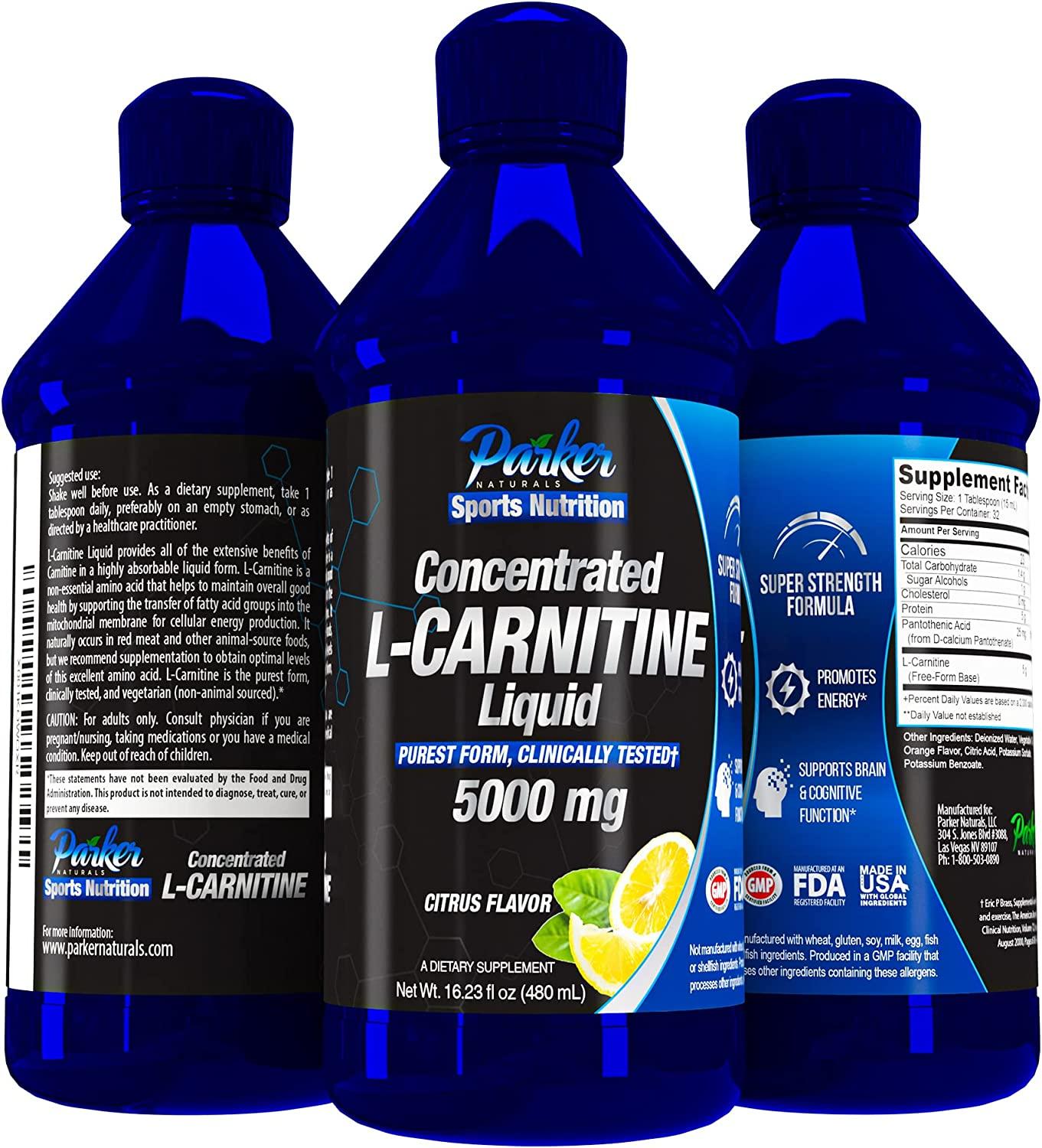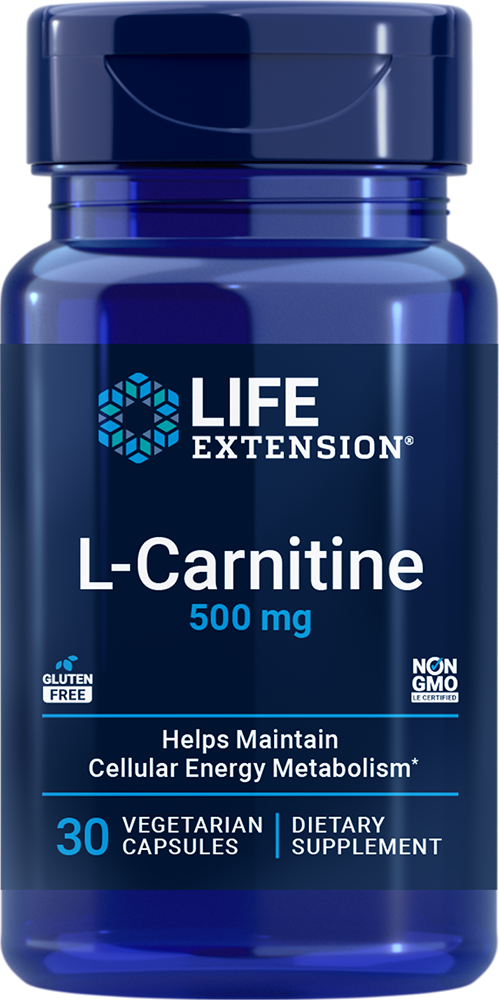Where Can I Get L Carnitine

In a world obsessed with optimizing performance and wellness, the search for effective supplements has reached a fever pitch. L-Carnitine, a naturally occurring amino acid derivative, has emerged as a popular contender, touted for its potential benefits in energy production, fat metabolism, and athletic performance. But with a market flooded with options, navigating the landscape of L-Carnitine sources can be daunting, leaving consumers wondering: where can I reliably and safely obtain this compound?
This article delves into the myriad avenues through which individuals can acquire L-Carnitine, dissecting the pros and cons of each source, from dietary intake to over-the-counter supplements and prescription medications. It will explore the regulatory environment surrounding L-Carnitine, addressing safety concerns and offering guidance on making informed choices based on individual needs and health considerations.
Dietary Sources of L-Carnitine
L-Carnitine is naturally synthesized in the body from the amino acids lysine and methionine, but it's also obtainable through dietary intake. Red meat, particularly beef and lamb, is among the richest sources.
Dairy products, poultry, and fish also contain L-Carnitine, albeit in smaller amounts compared to red meat. For vegetarians and vegans, obtaining sufficient L-Carnitine through diet alone can be challenging, highlighting the potential need for supplementation, which will be discussed later.
Assessing Dietary Intake
Individuals considering relying solely on dietary sources should assess their current intake. This can be done by tracking food consumption using nutrition apps or consulting with a registered dietitian to ensure adequate levels of L-Carnitine are being consumed.
Factors such as age, activity level, and overall health status can influence individual L-Carnitine requirements. Therefore, a personalized approach is crucial.
Over-the-Counter L-Carnitine Supplements
The supplement industry offers a wide array of L-Carnitine products, readily available at pharmacies, health food stores, and online retailers. These supplements come in various forms, including capsules, tablets, liquids, and powders.
Common forms include L-Carnitine L-Tartrate (LCLT), Acetyl-L-Carnitine (ALCAR), and Glycine Propionyl-L-Carnitine (GPLC), each with slightly different absorption rates and potential benefits. Consumers should be aware of these different forms and their specific uses.
Navigating the Supplement Market
The supplement market is often unregulated, necessitating caution when selecting an L-Carnitine product. Look for supplements that have been third-party tested for purity and potency by organizations such as NSF International, USP, or Informed-Choice.
These certifications indicate that the product has been independently verified to contain the ingredients listed on the label and is free from harmful contaminants. Reading customer reviews and researching the manufacturer's reputation can also provide valuable insights.
Potential Risks and Side Effects
While generally considered safe for most people when taken as directed, L-Carnitine supplements can cause side effects in some individuals. Common side effects include nausea, stomach cramps, vomiting, and diarrhea.
Rarely, more serious side effects such as seizures have been reported. Individuals with pre-existing medical conditions, particularly kidney or liver problems, should consult with a healthcare professional before taking L-Carnitine supplements.
Prescription L-Carnitine
In certain medical conditions, L-Carnitine is available as a prescription medication. It is primarily used to treat L-Carnitine deficiencies caused by genetic disorders or medical treatments like hemodialysis for kidney disease.
Prescription L-Carnitine is often administered under strict medical supervision to monitor its effectiveness and potential side effects. The dosage and form are tailored to the individual's specific needs and medical condition.
Medical Applications and Supervision
Unlike over-the-counter supplements, prescription L-Carnitine undergoes rigorous testing and approval processes by regulatory agencies like the FDA. This ensures a higher level of quality control and efficacy.
However, it's crucial to remember that prescription L-Carnitine is intended for specific medical purposes and should only be used under the guidance of a qualified healthcare provider. Self-treating with prescription medication can be dangerous.
Considerations and Recommendations
When deciding where to obtain L-Carnitine, it's essential to consider your individual needs, health status, and goals. Dietary intake may be sufficient for some, while others may benefit from supplementation or prescription medication.
Consulting with a healthcare professional or registered dietitian is highly recommended to determine the appropriate course of action. They can assess your current L-Carnitine levels, identify potential deficiencies, and provide personalized recommendations.
Future Trends and Research
Research on L-Carnitine continues to evolve, with ongoing studies exploring its potential benefits in various areas, including cardiovascular health, neurodegenerative diseases, and athletic performance. As our understanding of L-Carnitine deepens, new applications and recommendations may emerge.
Consumers should stay informed about the latest research and consult with healthcare professionals to make evidence-based decisions about L-Carnitine supplementation.
Ultimately, the decision of where to obtain L-Carnitine is a personal one that should be made in consultation with a healthcare professional. By carefully weighing the pros and cons of each source and considering individual needs, individuals can make informed choices to optimize their health and well-being.


















